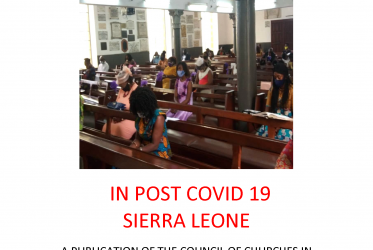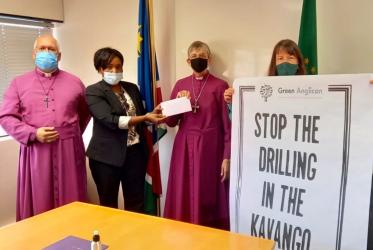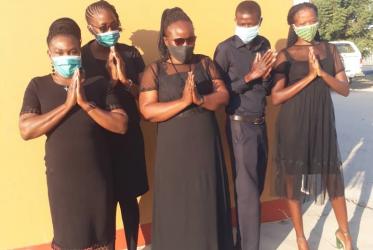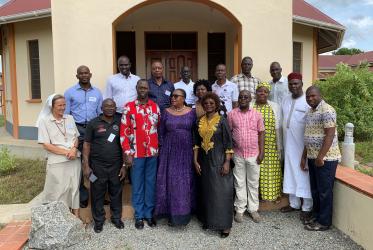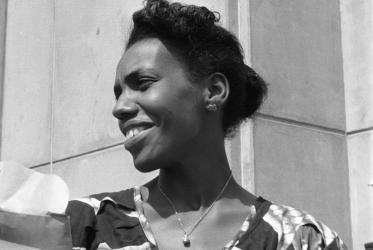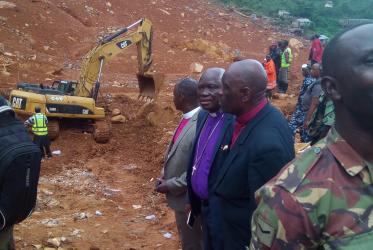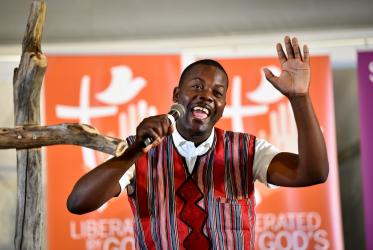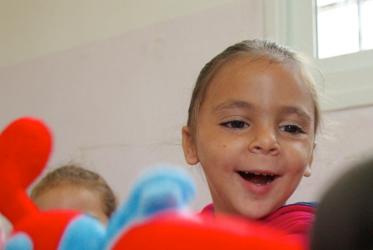Displaying 1 - 20 of 22
New student body at Bossey Ecumenical Institute “a source of joy”
14 September 2020
WCC commemorates life of Bishop John K. Yambasu
21 August 2020
Thursdays in Black is growing in Namibia
20 August 2020
A tribute to Rev. Dr Rena Joyce Weller Karefa-Smart
21 January 2019
Doing his best without being the best
07 September 2018
#WCC70: Churches as “freedom agents”
12 February 2018
Churches and agencies formulate responses to Ebola outbreak
01 October 2014
Churches in Sierra Leone respond to Ebola crisis
14 August 2014
